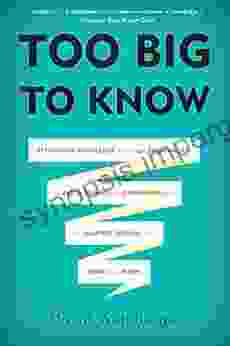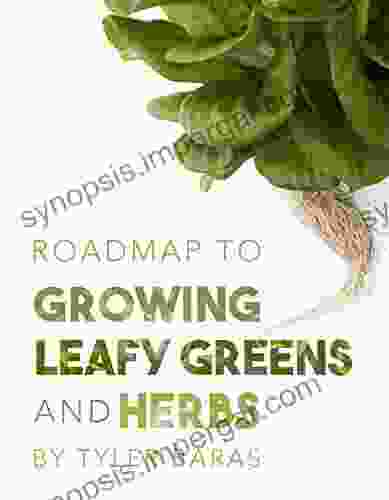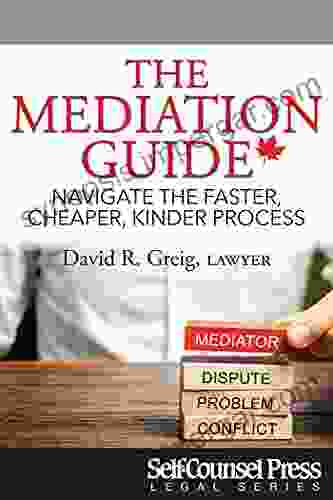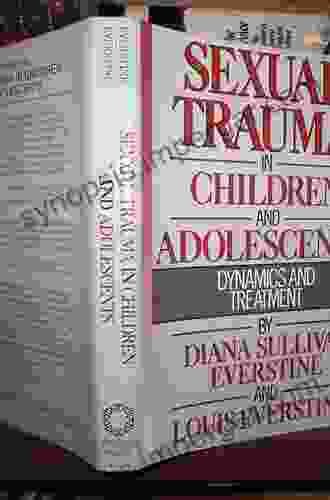Rethinking Knowledge in an Era of Misinformation and Uncertainty

In a world where facts are contested, experts are everywhere, and information is abundant, it's time to rethink our understanding of knowledge. The traditional notion of knowledge as objective truth is no longer tenable. Instead, we need to embrace a more nuanced and contextual understanding of knowledge.
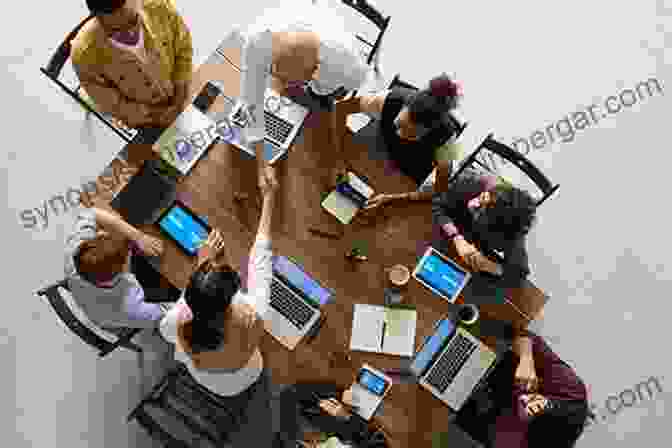
4.3 out of 5
| Language | : | English |
| File size | : | 906 KB |
| Text-to-Speech | : | Enabled |
| Screen Reader | : | Supported |
| Enhanced typesetting | : | Enabled |
| Print length | : | 258 pages |
The Problem with Facts
The rise of social media and the proliferation of online content have made it easier than ever to spread misinformation. This has led to a decline in trust in facts and experts. In a recent study, only 32% of Americans said they have a great deal of confidence in the accuracy of information they see online.
The problem with facts is that they can be manipulated, distorted, and used to deceive. For example, a politician might cherry-pick data to support their argument, even if the data is misleading or incomplete. Or, a media outlet might sensationalize a story to attract viewers, even if the story is not accurate.
The Rise of Experts
In a world where facts are unreliable, people are turning to experts for guidance. Experts are people who have specialized knowledge or skills in a particular area. They can provide us with insights and perspectives that we might not have otherwise considered.
However, it's important to remember that experts are not always right. They can make mistakes, have biases, or be influenced by their own interests. It's important to critically evaluate the information that experts provide before making decisions based on it.
A New Understanding of Knowledge
In light of the challenges posed by misinformation and the rise of experts, we need to rethink our understanding of knowledge. Knowledge is not simply a collection of facts. It is also a set of beliefs, values, and assumptions that shape the way we see the world.
Knowledge is not static. It is constantly evolving as we learn new things. It is also contextual. What is considered knowledge in one culture or time period may not be considered knowledge in another.
The Importance of Critical Thinking
In an era of misinformation and uncertainty, it is more important than ever to be able to think critically. Critical thinking is the ability to analyze information, identify biases, and make sound judgments. It is a skill that can help us to make sense of the world around us and make better decisions.
There are several ways to improve your critical thinking skills. One way is to practice questioning information. Ask yourself: who is providing the information? What is their motivation? Is there any evidence to support the claims that are being made?
Another way to improve your critical thinking skills is to be aware of your own biases. Everyone has biases, but it is important to be aware of them so that they do not cloud your judgment.
In a world where facts are contested, experts are everywhere, and information is abundant, it is time to rethink our understanding of knowledge. Knowledge is not simply a collection of facts. It is also a set of beliefs, values, and assumptions that shape the way we see the world. Knowledge is not static. It is constantly evolving as we learn new things. It is also contextual. What is considered knowledge in one culture or time period may not be considered knowledge in another.
In an era of misinformation and uncertainty, it is more important than ever to be able to think critically. Critical thinking is the ability to analyze information, identify biases, and make sound judgments. It is a skill that can help us to make sense of the world around us and make better decisions.
4.3 out of 5
| Language | : | English |
| File size | : | 906 KB |
| Text-to-Speech | : | Enabled |
| Screen Reader | : | Supported |
| Enhanced typesetting | : | Enabled |
| Print length | : | 258 pages |
Do you want to contribute by writing guest posts on this blog?
Please contact us and send us a resume of previous articles that you have written.
 Book
Book Novel
Novel Page
Page Chapter
Chapter Text
Text Story
Story Genre
Genre Reader
Reader Library
Library Paperback
Paperback E-book
E-book Magazine
Magazine Newspaper
Newspaper Paragraph
Paragraph Sentence
Sentence Bookmark
Bookmark Shelf
Shelf Glossary
Glossary Bibliography
Bibliography Foreword
Foreword Preface
Preface Synopsis
Synopsis Annotation
Annotation Footnote
Footnote Manuscript
Manuscript Scroll
Scroll Codex
Codex Tome
Tome Bestseller
Bestseller Classics
Classics Library card
Library card Narrative
Narrative Biography
Biography Autobiography
Autobiography Memoir
Memoir Reference
Reference Encyclopedia
Encyclopedia John Renner
John Renner Dh Xavier
Dh Xavier Diana Henderson
Diana Henderson Deedee Panesar
Deedee Panesar Krystin Clark
Krystin Clark David Rettew
David Rettew David S Nichols
David S Nichols Olivia Anderson
Olivia Anderson Peggy Mckee
Peggy Mckee David Sutton
David Sutton Gill Hoffs
Gill Hoffs Deirdre Carabine
Deirdre Carabine Robyn L Gobin Phd
Robyn L Gobin Phd Deborah Antai Otong
Deborah Antai Otong David Weston Marshall
David Weston Marshall Francesco Martini
Francesco Martini Thomas Frederick Howard
Thomas Frederick Howard David Semark
David Semark Louis P Masur
Louis P Masur David P Barash
David P Barash
Light bulbAdvertise smarter! Our strategic ad space ensures maximum exposure. Reserve your spot today!
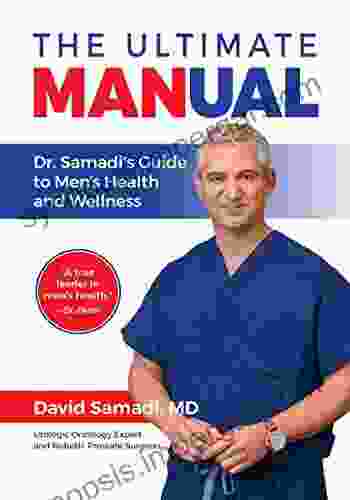
 Ricky BellDr. Samadi's Guide to Men's Health and Wellness: A Comprehensive Solution for...
Ricky BellDr. Samadi's Guide to Men's Health and Wellness: A Comprehensive Solution for...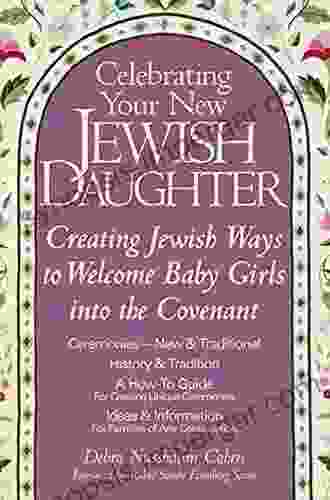
 Billy FosterEmbrace the Sacred Journey: Creating Jewish Ways to Welcome Baby Girls into...
Billy FosterEmbrace the Sacred Journey: Creating Jewish Ways to Welcome Baby Girls into... Jaden CoxFollow ·8k
Jaden CoxFollow ·8k Joseph HellerFollow ·3.5k
Joseph HellerFollow ·3.5k Luke BlairFollow ·11k
Luke BlairFollow ·11k David BaldacciFollow ·11.9k
David BaldacciFollow ·11.9k Todd TurnerFollow ·4.2k
Todd TurnerFollow ·4.2k Christian BarnesFollow ·16.6k
Christian BarnesFollow ·16.6k Mitch FosterFollow ·6.9k
Mitch FosterFollow ·6.9k Hector BlairFollow ·18k
Hector BlairFollow ·18k
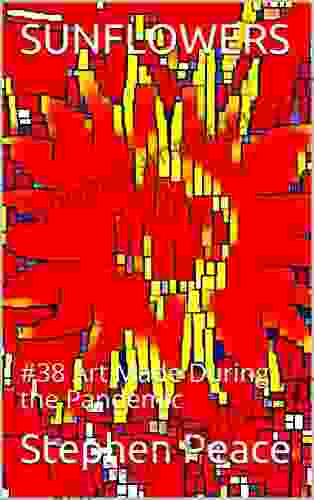
 Ivan Turgenev
Ivan Turgenev38 Art Made During The Pandemic Digitally Enhanced Art...
By [Author's Name] The year 2024 was a time...

 F. Scott Fitzgerald
F. Scott FitzgeraldAmazing Cooking Guide To South Beach Diet: Your Culinary...
Embark on a...
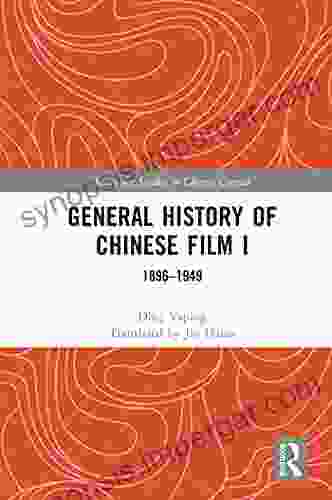
 Zachary Cox
Zachary CoxGeneral History of Chinese Film: A Journey Through Time...
Origins and...
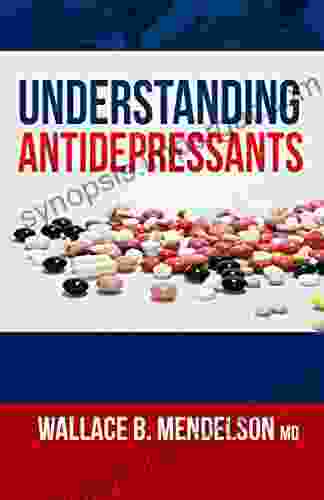
 Cristian Cox
Cristian CoxUnderstanding Antidepressants: An In-Depth Guide to...
Unleashing the Power of...
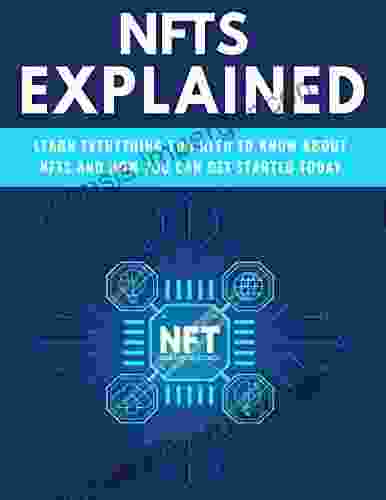
 Jeremy Cook
Jeremy CookUnlock the NFT Revolution: A Comprehensive Guide for...
The world of Non-Fungible Tokens (NFTs) has...

 Kevin Turner
Kevin TurnerSeneca and Roman Slavery Under Nero's Rule: An In-Depth...
During the reign of...
4.3 out of 5
| Language | : | English |
| File size | : | 906 KB |
| Text-to-Speech | : | Enabled |
| Screen Reader | : | Supported |
| Enhanced typesetting | : | Enabled |
| Print length | : | 258 pages |


